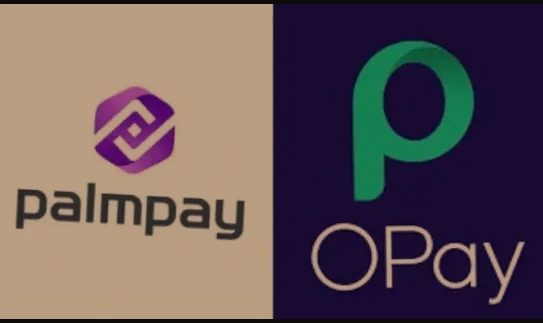By Tambaya Julius
Fidelity Bank, one of Nigeria’s prominent commercial banks, recently made a substantial decision to halt fund transfers to neobanks such as Moniepoint, OPay, Palmpay, and Kuda.
This move has sparked significant interest and discussion within the financial sector.
A week ago, customers using the Fidelity Bank app noticed that these neobanks were no longer listed as approved financial institutions.
While the bank initially cited an app upgrade as the reason for these changes, multiple sources with direct knowledge of the situation have offered an alternative explanation.
According to at least five sources closely associated with the matter, Fidelity Bank initiated these restrictions approximately two weeks ago due to escalating concerns about fraud and customer verification.
These digital financial services, including Moniepoint, Kuda, OPay, and Palmpay, remain unavailable for selection on Fidelity Bank’s mobile app at the time of this writing.
One of the primary issues driving these restrictions is a growing concern about fraud losses in the Nigerian banking sector.
In recent times, both traditional banks and fintech companies have faced substantial losses due to cyberattacks and fraudulent activities.
According to an industry expert, “The issues are due diligence and KYC (Know Your Customer).
Until they get their house in order, they will continue to experience issues like being blocked by banks.”
While Fidelity Bank has not publicly disclosed specific KYC concerns, neobanks are actively working to address these issues.
The landscape of KYC practices is evolving.
Traditionally, neobanks rarely underwent rigorous KYC processes when dealing with traditional banks.
However, the surge in fraud cases has led to a shift in this approach.
Traditional banks are increasingly requesting KYC verification for neobank users and, at times, for the customers themselves.
Some neobanks, such as OPay and Moniepoint, rely on third-party verification companies to collect and verify customer information using digital documents and biometric verification.
While this method offers speed and convenience for customers, traditional banks have reservations about its sufficiency.
Experts argue that the issue is not exclusive to neobanks. Traditional banks, too, may fall short in their own KYC practices.
“It’s just a case of a kettle calling a pot black,” one expert noted.
“While neobanks may be lax about their KYC, traditional banks might not always conduct rigorous verification, especially when documents are updated.”
Aside from anti-fraud measures, questions have arisen regarding the legality of a bank unilaterally restricting transfers to other banks.
The CBN Customer Due Diligence Regulations 2023 does not specifically address this matter.
Existing regulations require banks to have a risk management framework in place to identify and mitigate risks.
It remains unclear whether Fidelity Bank communicated with the Central Bank of Nigeria (CBN) before imposing these restrictions.
Sources indicate that the bank likely acted independently, and some experts suggest that in such situations, banks tend to act swiftly without regulatory consent.
In closing, Fidelity Bank’s decision to block transfers to neobanks reflects the evolving dynamics of the Nigerian banking sector.
As the industry grapples with issues related to fraud and KYC, this move underscores the need for a more robust and coordinated approach to address these challenges and ensure the security of financial transactions.











